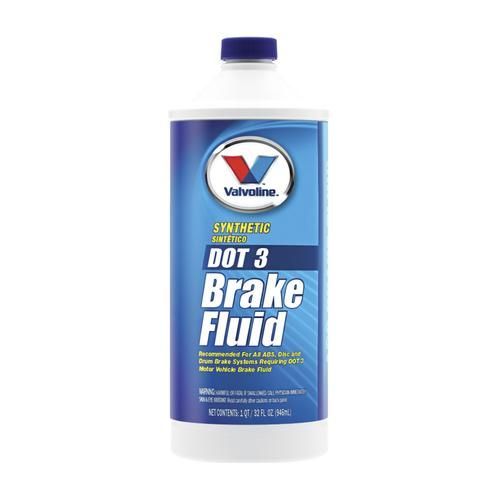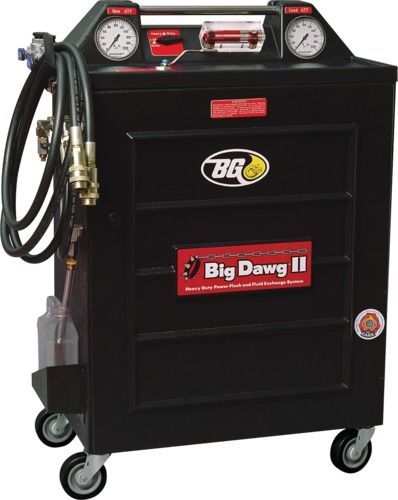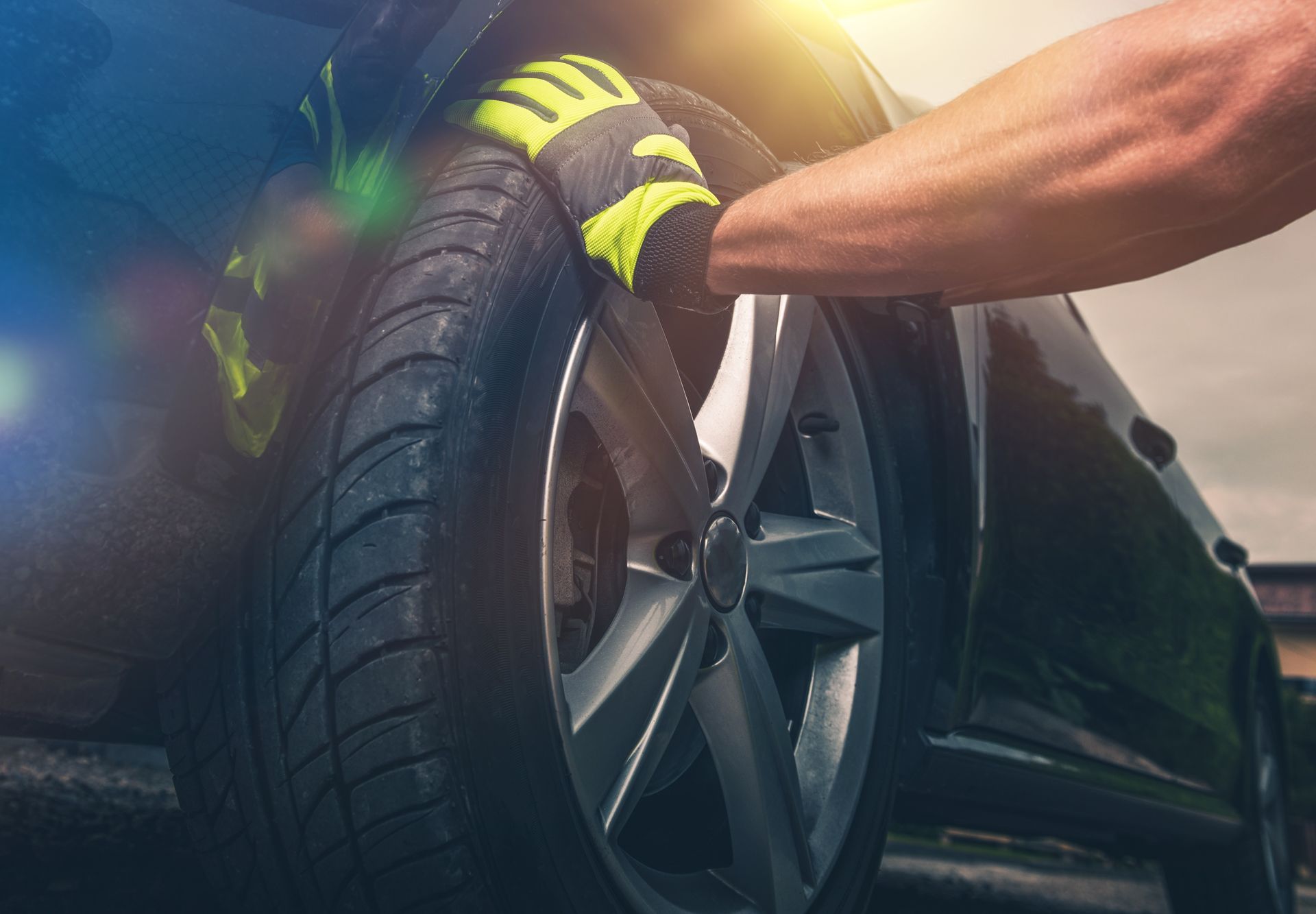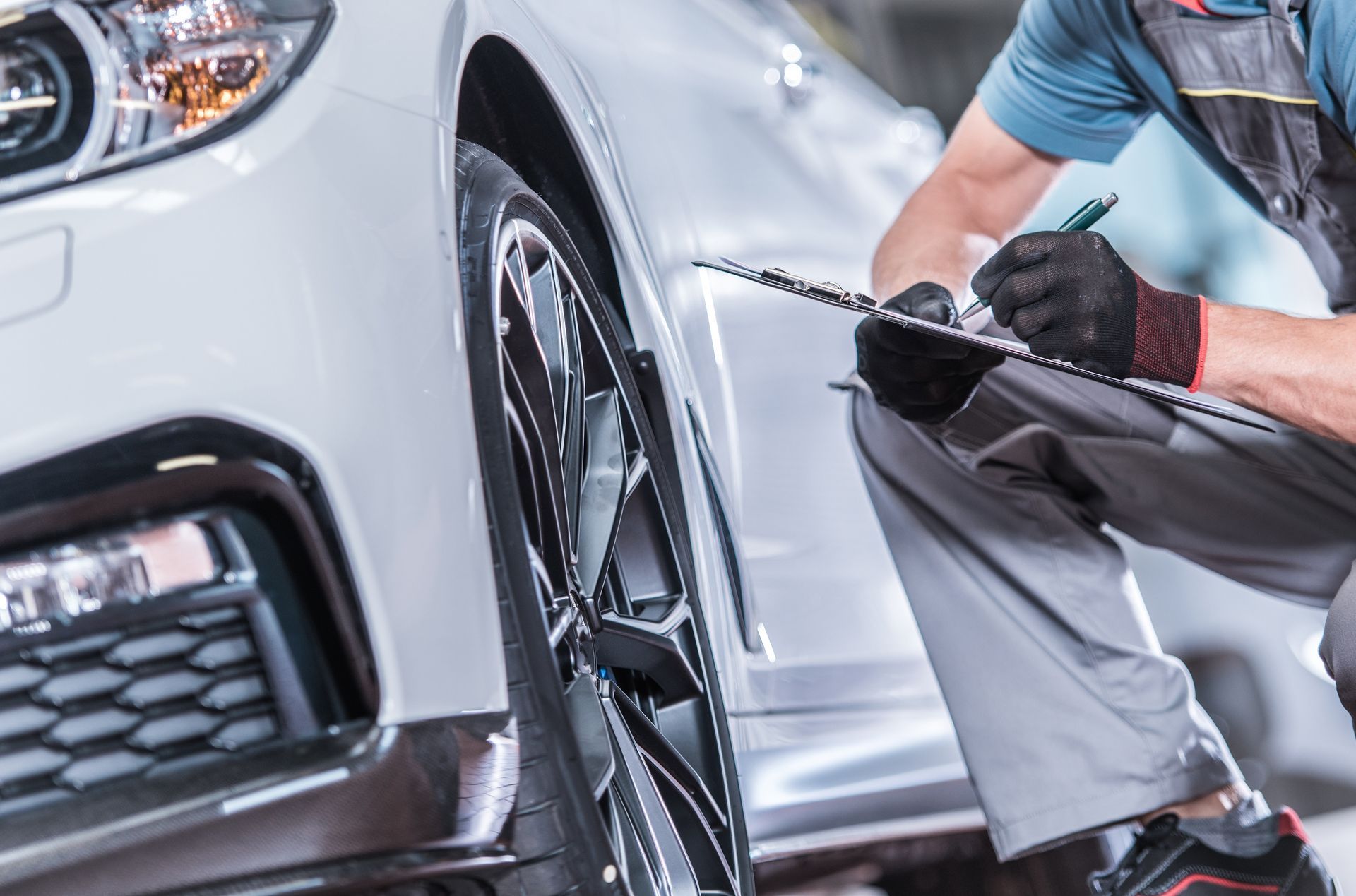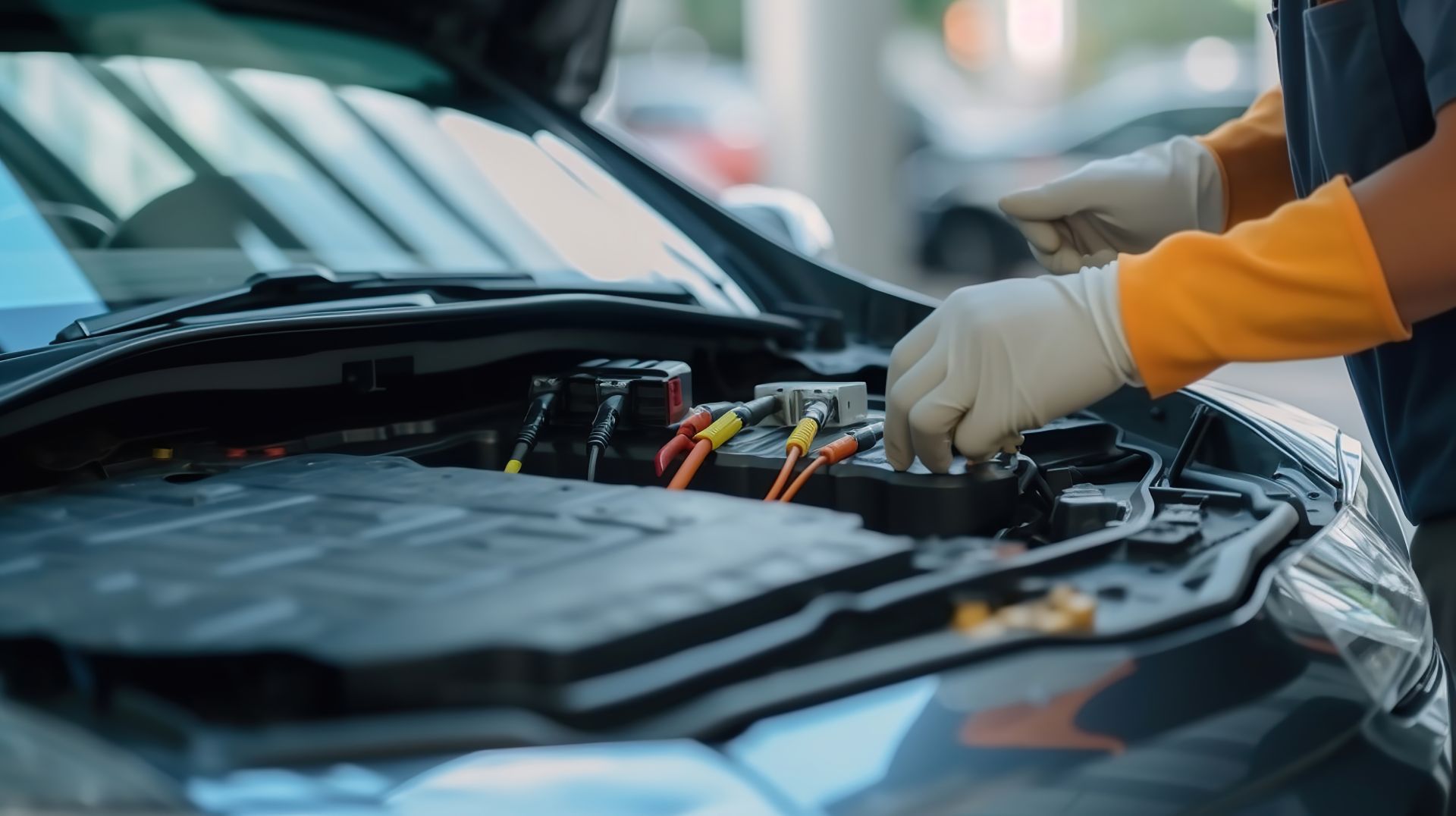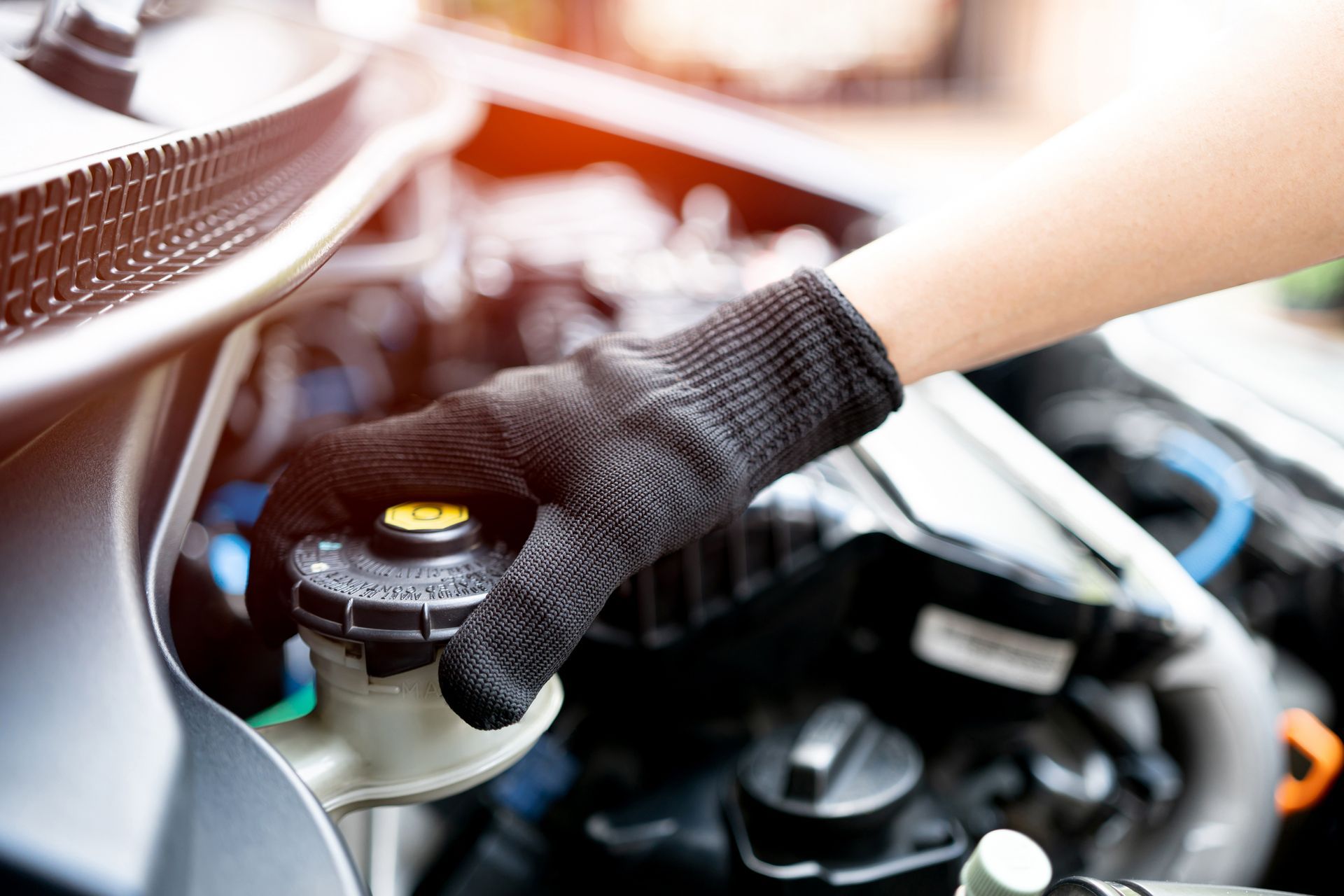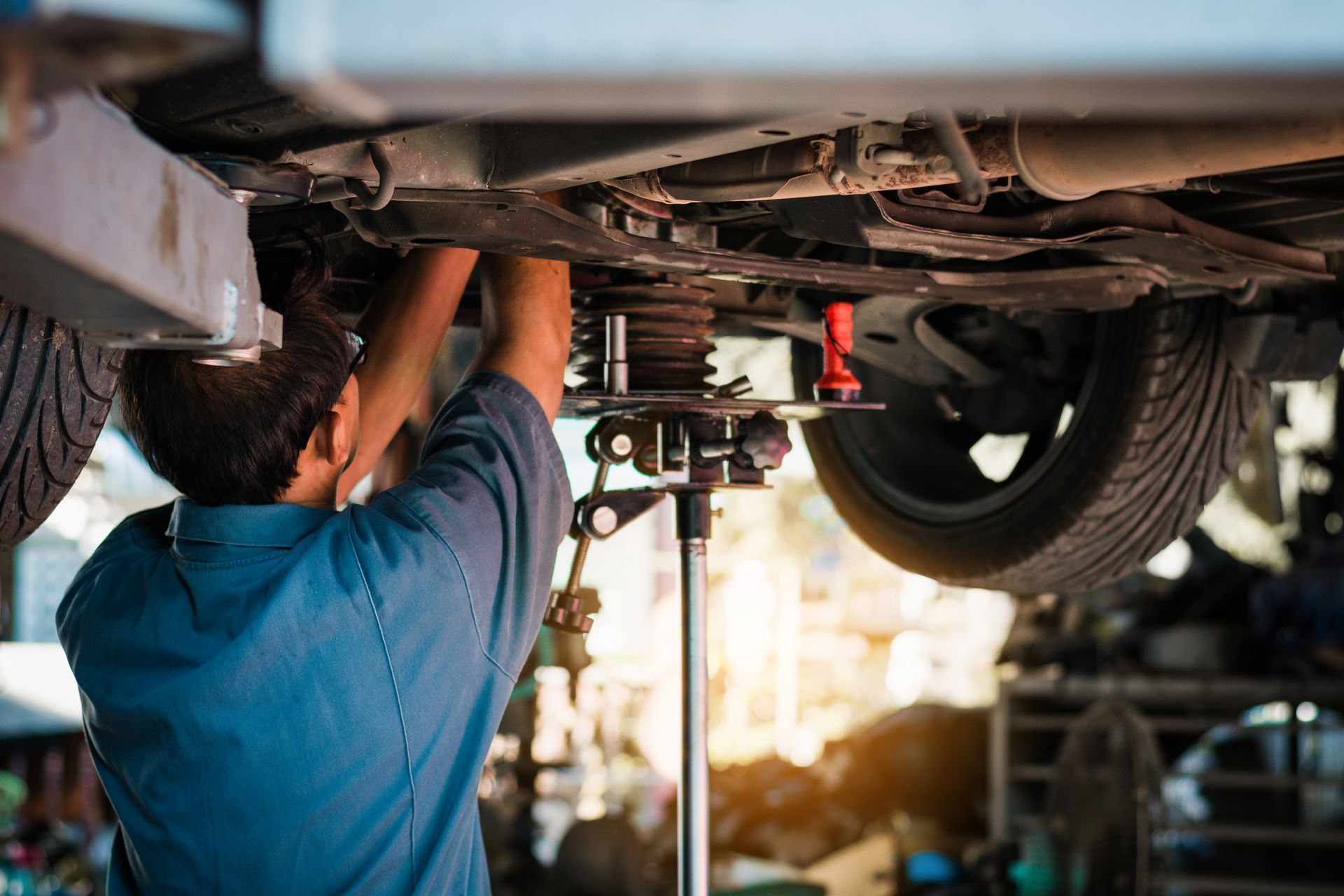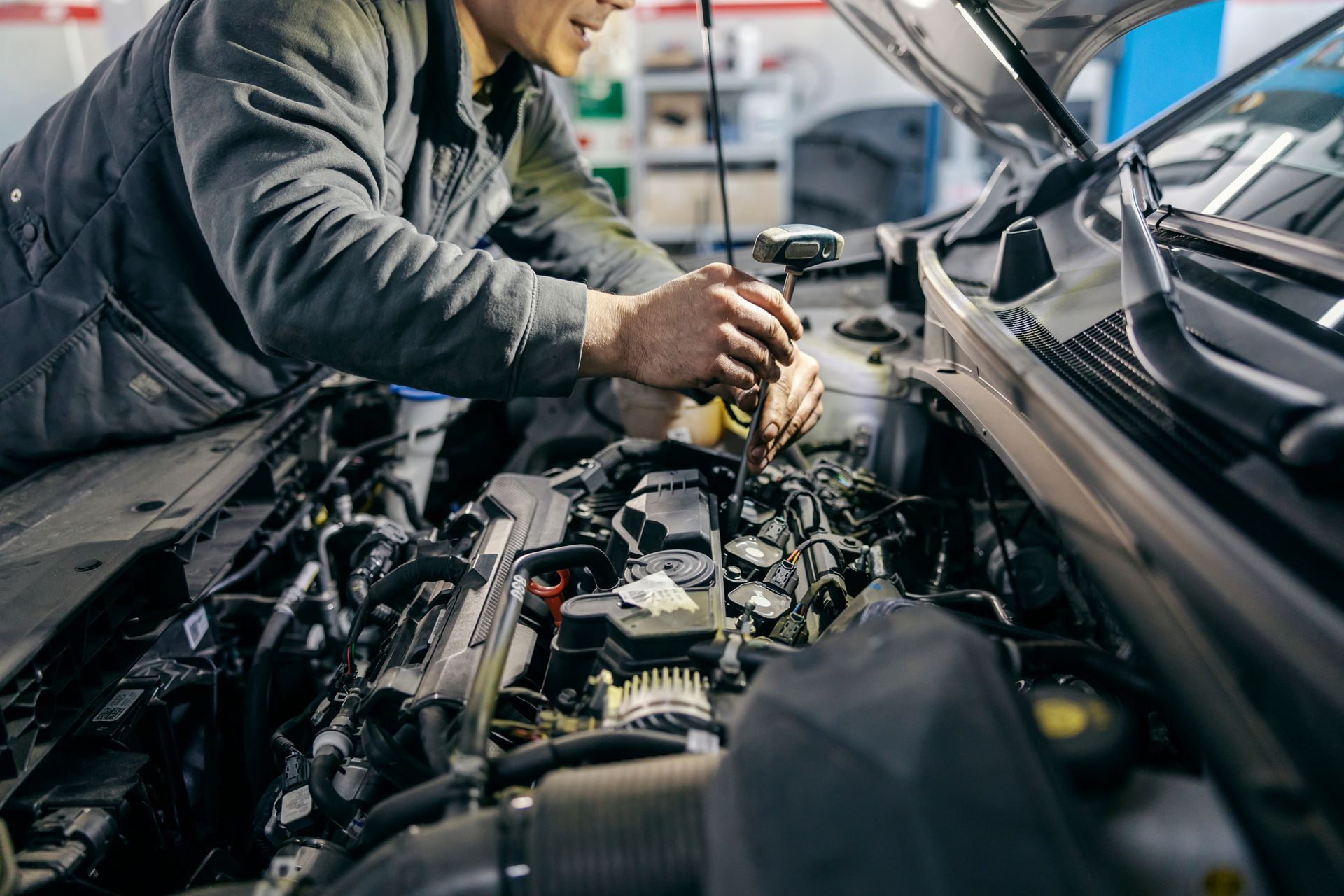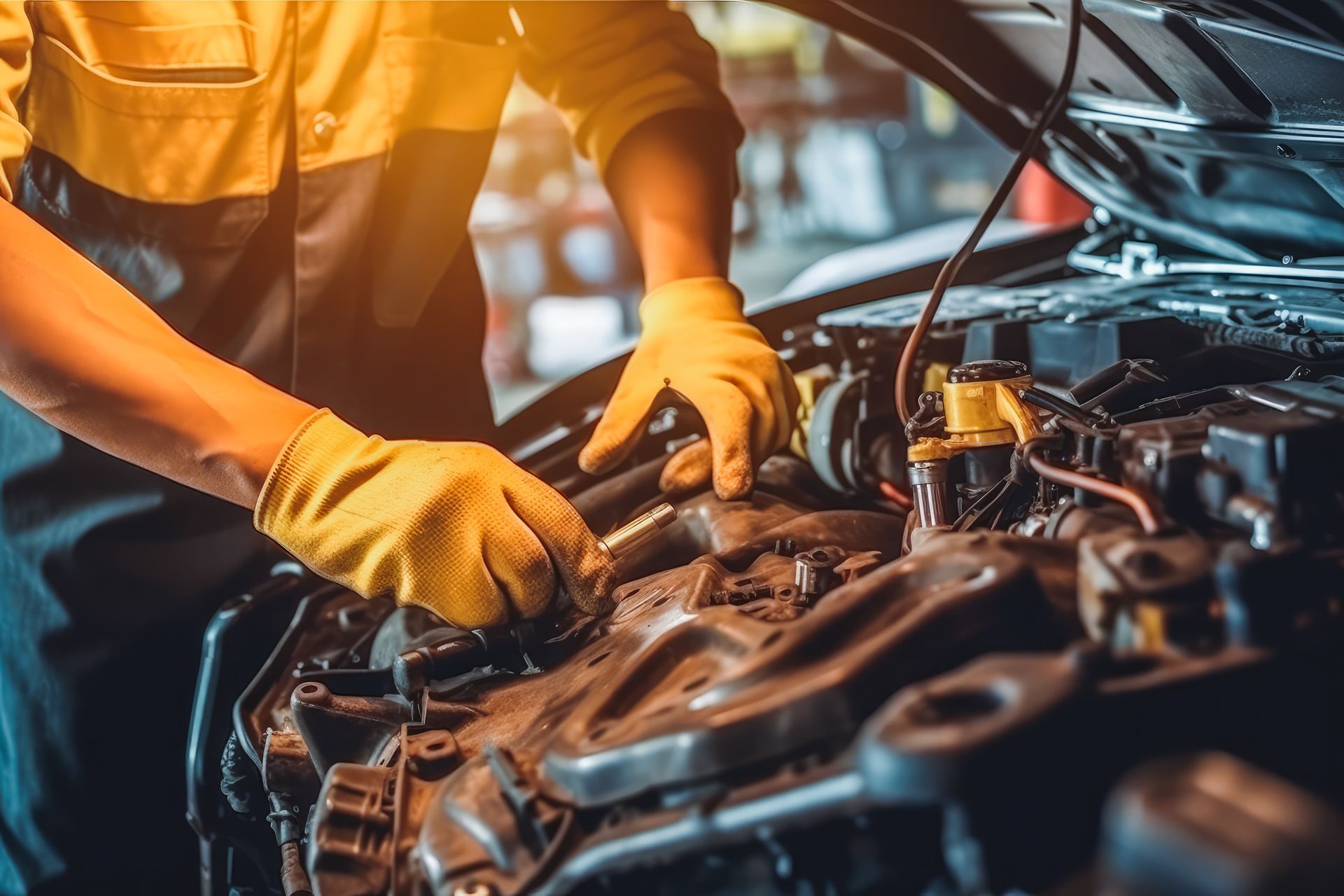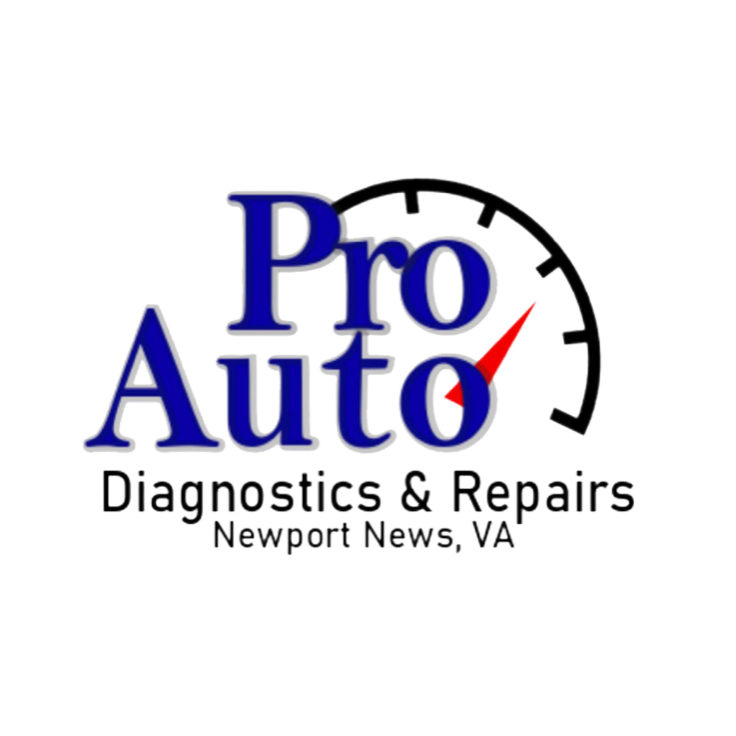Mon - Fri 8:00 AM - 5:30 PM
When You Should Change Your Brake Fluid So You Don’t Cost Yourself Money?
Unless you’ve been living under a rock (and if you have, I envy your peaceful existence) you know cars have changed MASSIVELY in the last 50 years. You can now drive a 6000 lb SUV that hs 450 HP with a TEN speed automatic transmission that gets 15 MPG around town or 22 on the highway! You can drive a 145 hp small sedan that gets 30 mpg around town and 40 on the highway! These modern cars will set their own following distance, keep to their own lanes, have integrated bluetooth phone connections, navigation, back up cameras….the tech is endless!
Brake Fluid Hasn’t Changed
However, the standard regular old DOT 3 brake fluid that we’ve been using for at least 50 years hasn’t really changed much. Most cars either use Dot 3 or Dot 4 brake fluids, and the Dot 4 is backwards compatible with Dot 3. Basically Dot 4 is very similar, but has slightly better corrosion resistance properties and a higher boiling temperature. Your brake fluid needs to be clean, free of water and full. Pretty basic, stuff, right? That is why you need to periodically have a brake fluid flush done! Here’s a great, basic article on brake fluid: http://www.crankshift.com/brake-fluid/
Hygroscopic What?
Brake fluid is what is known as hygroscopic- meaning that it will absorb moisture out of the air. This is why your brake cap has a seal and you should only add fluid from a clean, sealed container. Your brake system is designed with enough reserve capacity so that you should not need to add fluid until your pads are worn out. As the pads wear, the volume of fluid in the calipers increases and the volume in the reservoir of the master cylinder decreases. There is a sensor mounted in the reservoir that turns on the red brake warning light if the fluid level gets too low. Basically the fewer times the cap is removed, the better off we are.
Brake Fluid Maintenance
Due to the pesky nature of brake fluid to absorb water, a problem arises over time. The boiling point of the fluid will drop, increasing the risk of the fluid boiling under extreme braking. When that occurs the pedal will feel hard, but pushing on it will not result in further loss of speed- yes, you lose your brakes! Biiig Problem! An expensive but less dangerous result of dirty fluid is damage to brake components- calipers, cylinders, or worse the expensive ABS system components. We can prevent all of this by changing the brake fluid periodically, about every 2-3 years. This process is referred to as a Brake Fluid Flush.
Flush, not refill.
To replace the brake fluid effectively and completely, we use pressurized flush equipment to perform a brake fluid flush. A trained technician must perform this job. The vehicle MUST be test driven first, then a brake inspection performed, and all bleeders must be verified to be operational. Then, the technician uses a suction wand on the machine to vacuum out the old brake fluid. Then the flush machine is attached to the reservoir with a sealed adaptor and set to push fresh fluid at 10 psi into the reservoir. The technician attaches the suction adaptor to the bleeders and opens them, allowing the fluid to flow from the machine through the entire system, pushing ALL of the old fluid out. A turkey baster and some fresh fluid is NOT a brake flush and is a waste of money. The majority of the dirty fluid is in the calipers and cylinders, and the only way to get it out is to use flush equipment!
Ask Your Shop!
To conclude, you should have a brake fluid flush done every two to three years. Ask your certified technician to check your brake fluid today! Make an appointment at https://www.proautodiagnostics.com/contact-us/ or call our friendly advisors at 757-643-2559!
The post When You Should Change Your Brake Fluid So You Don’t Cost Yourself Money? appeared first on Pro Auto Repairs.
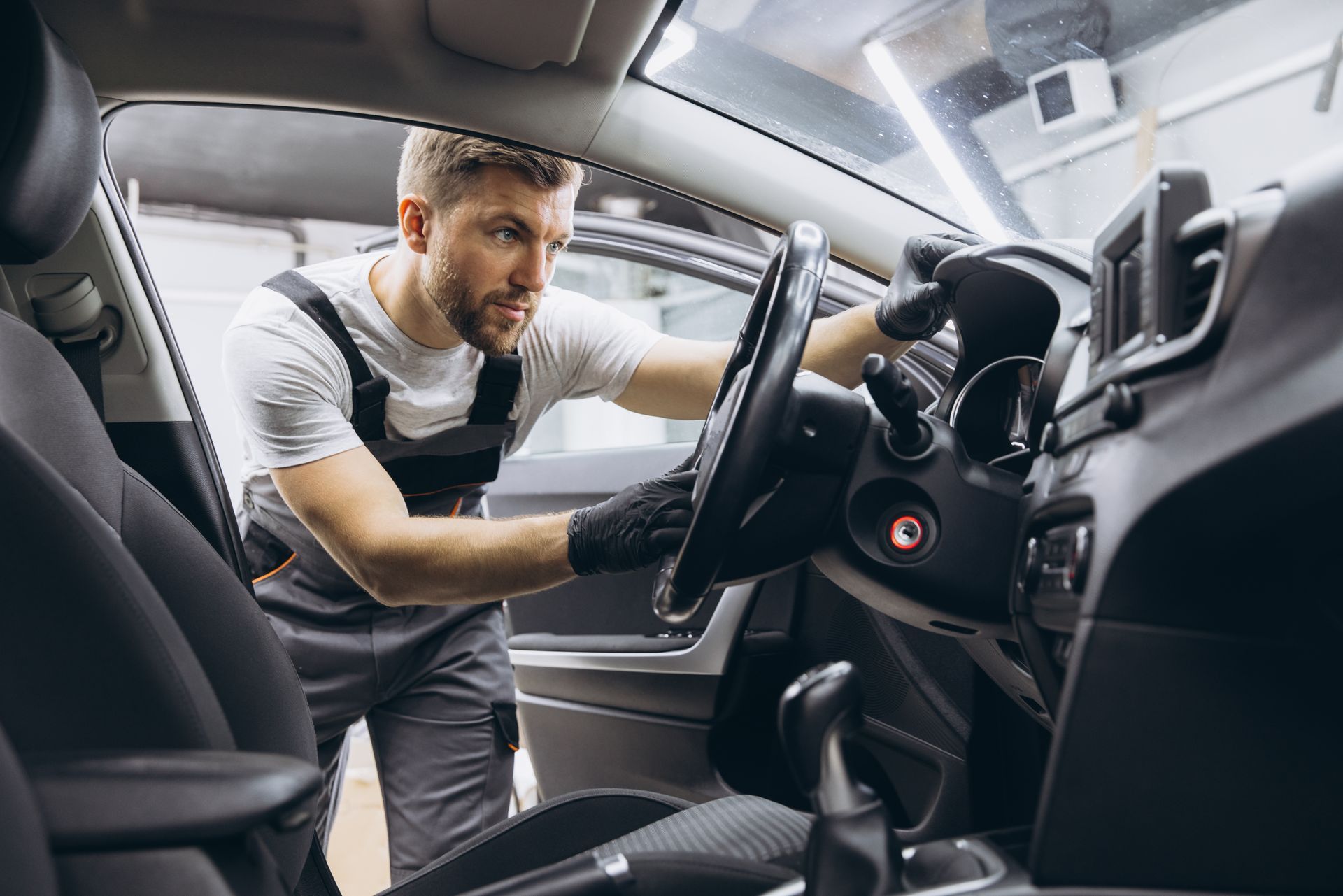
Professional Auto
Diagnostics & Repairs.
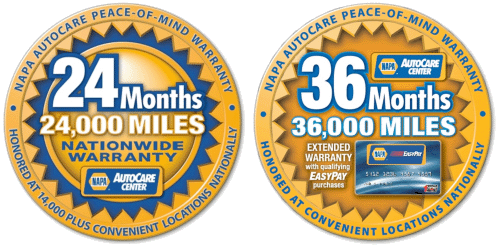








© 2023 Pro Auto Repairs. All Rights Reserved | Website managed by
ShopGenie
Follow us
Our Shop
Services
List of Services
-
SuspensionSuspension Suspension
-
BrakesBrakes Brakes
-
BatteryBattery Battery
-
Virginia State Safety InspectionsVirginia State Safety Inspections Virginia State Safety Inspections
-
Engine RepairsEngine Repairs Engine Repairs
-
TransmissionTransmission Transmission
-
Tire Mounting and BalancingTire Mounting and Balancing Tire Mounting and Balancing
-
Oil ChangeOil Change Oil Change
-
© 2023 Pro Auto Repairs. All Rights Reserved | Website managed by
ShopGenie
Follow us
Our Shop
7311 Warwick Blvd, Newport News, VA 23607, United States of America
Mon - Fri 8:00 AM - 5:30 PM





